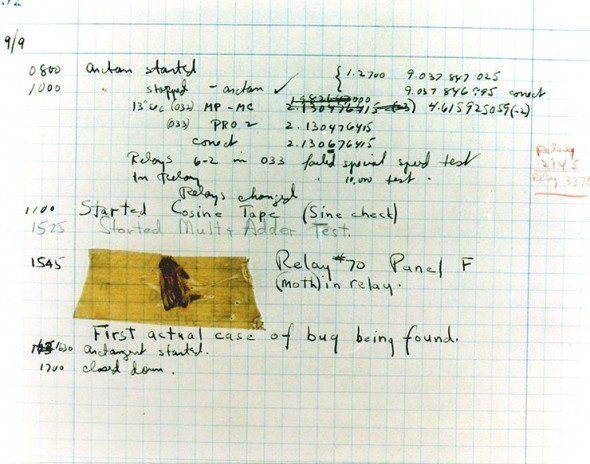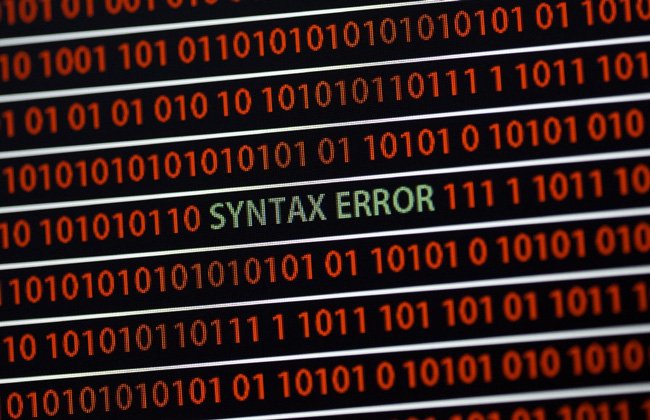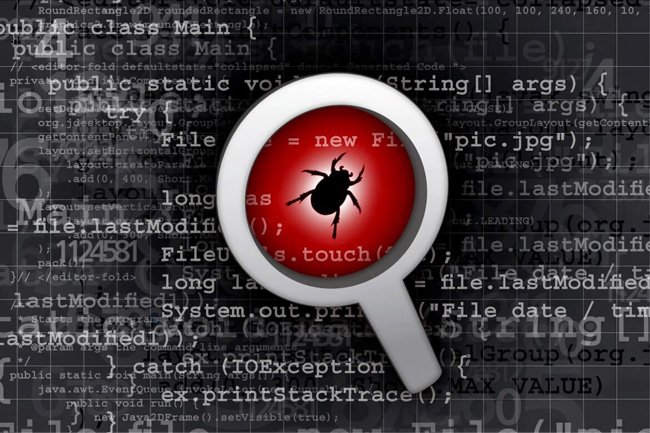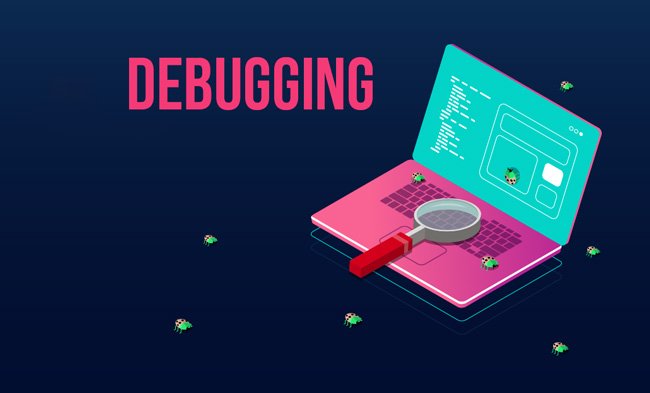What Is A Bug? Types Of Bugs In Software And Programming
You Have Probably Heard The Word Bug Many Times In Today’s Digital World. We All Use Many Programs On Our phones or Mobile phones Every Day, Which Have Many Hidden And Obvious Bugs.
But does it mean Bug? And do you know its history? Do you want to know what a bug in the application means? Follow us in this article.
Suppose you are a programmer, a software developer, an electronic design engineer, or another field. In that case, it must have happened that, for a tiny mistake, the system or assembly you designed did not work or had an incomplete function. This is where a friend must have arrived and said, “Yes, your system has a bug!”. But what exactly is a bug? How it occurs, and how to fix it. In this article, we are going to investigate this issue.
Introduction Bug is one of the most used words in software development. A software bug refers to a problem that causes the software to work contrary to the expectations of the user and the developer.
Bugs can be problematic in the natural and digital worlds, so a programmer must learn how to fix or remove budgets. With this article and the concept of bugs, you will know all software problems and solutions to deal with and remove the Bugs.
What is a computer bug?
In the computer world, a bug is an error in the software’s source code that can lead to experiencing unexpected results or the program crashing. Software bugs can affect the performance of an application; Therefore, the programmer must remove possible bugs before releasing the software.
Mrs. Grace Hoppere reported the first Bug in the computer world in 1947. This Bug is a moth Mark II computer that was trapped and disrupted the performance of this computer. The word bug goes back to 1878 when Thomas Edison used the concept of minor errors and problems in a note of the term budget.
 The first bug report in the computer world
The first bug report in the computer world
Using an example to understand the meaning of a bug in the software is better. Maybe you have encountered many software bugs so far. For example, when using a specific tool in the software, its performance is suddenly disrupted. Or witness strange and unexpected events while playing the game.
Bug type computerized
There are different types of computer bugs, the most common of which are:
Syntax Error
A syntax bug usually occurs due to forgetting or placing one or more wrong characters in the code of a program. For example, ignoring a bracket in the programming code can lead to Syntax Errorto be
 Syntax Error bug
Syntax Error bug
Programmers can get Syntax errors while compiling a program to identify and fix them.
Logic error
A logic bug refers to an error in the flowchart of a program that can cause the software to function incorrectly. For example, creating an infinite loop is a logic bug where the program repeats an endless loop.
These software bugs can cause the program to provide incorrect output or even cause the program to crash completely. Unlike Syntax Bug, Logic ErrorIt does not prevent the program from compiling.
Functional error
A performance bug occurs when a program does not perform as expected. For example, when a user clicks the button to save information, his knowledge is not saved.
Arithmetic Error
When a software program returns an incorrect number to the user or another program, we say a calculation error has occurred. Various reasons, including data mismatch in calculations, wrong coding of data by the programmer, use of a lousy algorithm to calculate data, etc., can cause calculation errors.
Interfacing Error
An interface error occurs when an application cannot execute a user request. When the program does not perform the requested task, the program receives invalid input, or the user attempts to combine incompatible operations.
Computer bugs are not limited to the types mentioned in this article. Several bugs, including Bohr, Heisenbugs, Mandelbugs, and Schroedinbugs, are using the discoverers’ names. Other bugs include team-working errors.), programming ( Programming), and…
Dealing with bugs in the programming
There is no software program without bugs. Even programs developed by the most skilled programmers are not immune to bugs. Even a small typo can make a program unstable or unreliable. Therefore, it is necessary to identify bugs and fix them before the final release of a program.

Software companies and developers use different techniques to identify and remove bugs. They use the software. Detailed testing of software can help identify and eliminate many software bugs. For this reason, some work in the field of software testing.
Some companies reward whistleblowers for reporting bugs. This technique, called the Bug Bounty method, is known to be used by large technology companies, including Google, Facebook, etc.
Software debugging
Debugging ( Debugging) is a process that is implemented to discover and solve software problems. The programmer examines its code to fix the situation when the software does not perform as expected.
To discover bugs, programmers usually run the software in a debugger. They run in what is also known as debug mode. Debugging is done in three steps: isolating the Bug, determining the root cause, and fixing the problem.
Most software bugs are usually discovered during beta testing or after release. Fixing the software problem is also called debugging, which may be done according to a predetermined instruction or based on the creativity of the problem solver or the software developer.

Summary and answers to frequently asked questions
Although programmers try to make complete and fully functional computer programs available to us, the existence of bugs) is inevitable in computer programs.
Software bugs can exist openly or hidden in a program, so discovering a bug may take months or even years.
After discovering a vital bug, software companies and programmers try to identify and fix the problem. For this reason, we see the release of many patches or different versions of the same program over time.
Different types of software bugs have various levels of importance. For this reason, software developers quickly release patches for several bugs and fix less important bugs in subsequent updates.
Why are software bugs called bugs?
The Bug means insect in English and refers to an insect that, in 1945, took place in one of the internal parts of Harvard University’s Mark II computer, causing a problem and causing it to malfunction. Since then, the Bug has been used to refer to minor issues that disrupt the system’s overall performance.
Is a bug a virus?
A bug is an unintended error in computer software, but a virus is a program intentionally created to cause damage, steal information, etc. Software bugs do not reproduce, but several computer viruses use different tactics to reproduce and infect other computers.


